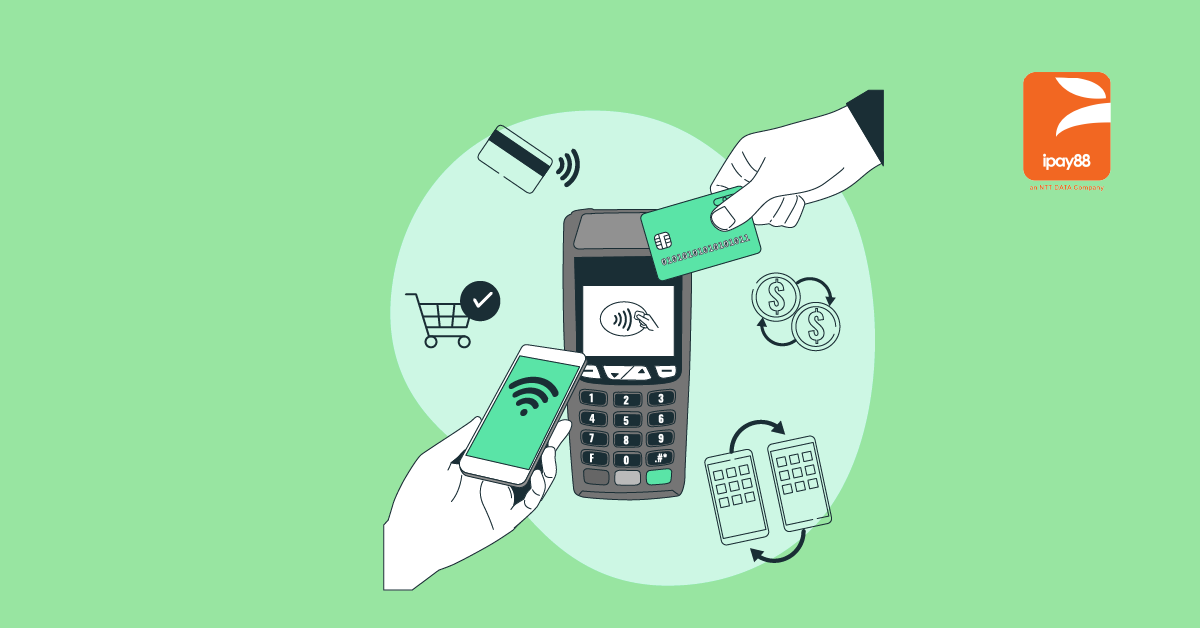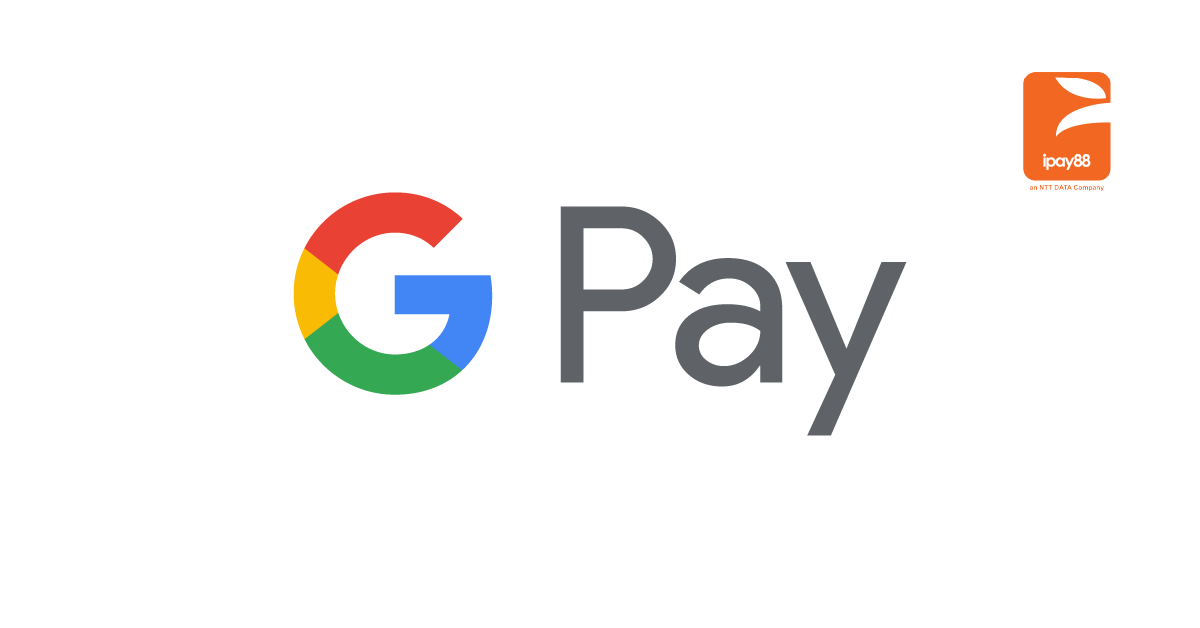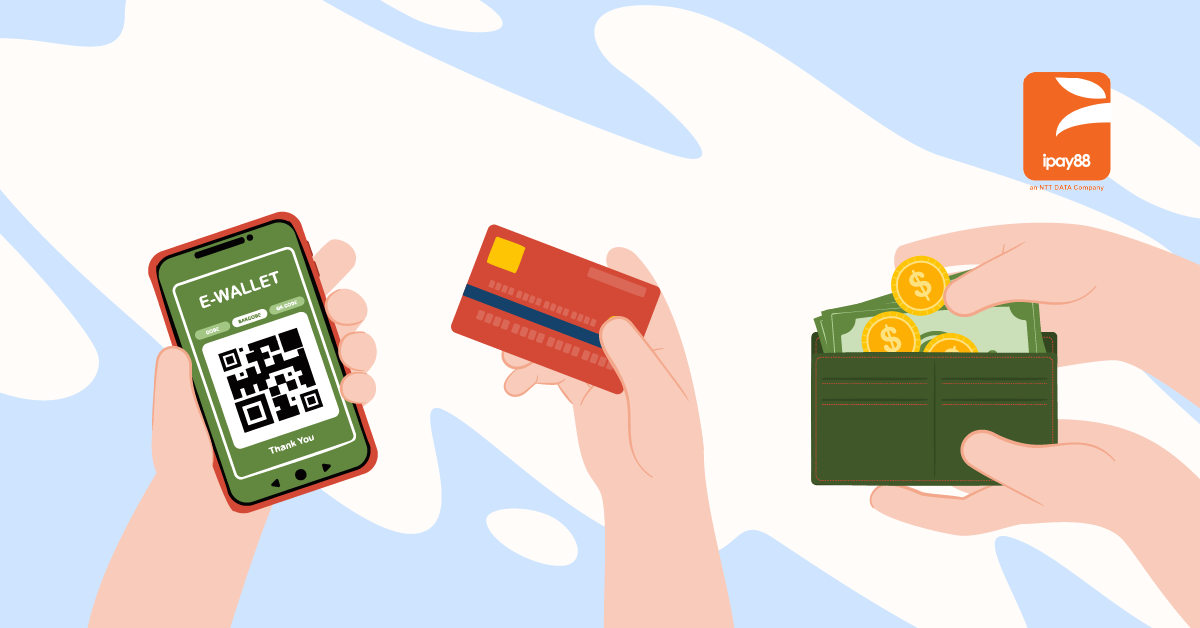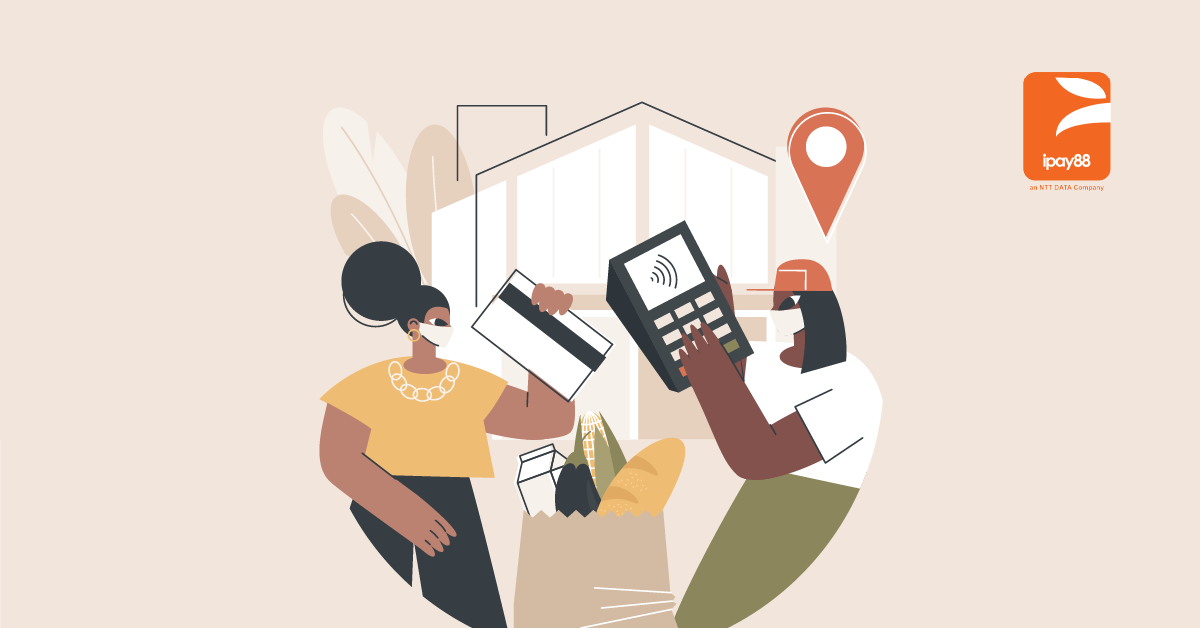Digitalization has changed and will continue changing the way we make payments. If you remember, a decade ago, the way we transacted was completely different from today. There were no e-wallets, no apps, or watches that we could use to pay and transfer money to our friends and families.
Nevertheless, cash remains the number one payment choice, retaining the top spot even after a decline since the pandemic and alongside the increasing popularity of other digital payments (such as cards and e-wallets).
The 2022 Digital Payments Insights Study has also highlighted that, on average, 48% of Malaysians still pay in cash for daily expenses; the percentage is even higher in non-urban areas. One of the main reasons for this was the convenience that cash is accepted everywhere, while 50% admitted preferring to pay in cash.
However, we have been witnessing a decline in cash usage. Despite the fact that it’s still the most popular payment method, cash has been more often replaced by cashless payments via bank cards, e-wallets, NFC, and others.
So, let’s take a look at why cashless is better than cash for businesses and consumers.
Why are cashless payments safer?
While we all have noticed the tremendous popularity of cashless payments due to convenience and multiple perks for end consumers, one thing that makes cashless transactions essential to consumers and businesses is safety.
Cashless payments are considered safer than carrying cash for several reasons:
- Reduced risk of theft: When you carry cash, you are at risk of being mugged or pickpocketed. With cashless payments, there is no physical cash for someone to steal. With cashless payments, you don’t have to worry about losing physical currency, and your money is stored in a secure digital wallet.
- No need to carry cash: With cashless payments, you don’t need to carry cash around, which means you don’t have to worry about losing it or misplacing it. You also don’t need to worry that you don’t have enough of it to make a purchase. We all were in a situation where we forgot to withdraw cash but found a product we want to buy. No business wants to lose a sale simply because the consumer didn’t have enough cash on their hands to make the payment.
- Encryption and Security: Cashless payment systems typically use encryption and other security measures to protect your personal and financial information, making it much harder for hackers or scammers to steal your information. This helps prevent fraud and unauthorized access to your financial information.
- Contactless: Many cashless payment systems, such as mobile payments or contactless cards, allow for hands-free transactions, which are especially useful during pandemics. Contactless payments are also faster and help to avoid human errors in counting.
- Fraud Protection: Cashless payment systems offer fraud protection and dispute resolution services that can help customers and businesses alike recover their funds if the account was compromised.
- Electronic Records: With cashless payments, you can keep a digital record of all your transactions. In case of any dispute, it is easier to track electronic transactions and provide evidence for them. Electronic records also come in handy when it’s time to reconcile your daily, weekly, monthly, or annual sales, as iPay88 provides a detailed transaction report on its Merchant Portal.
Overall, cashless payments offer a convenient, secure, and safe way to conduct transactions without the risk and hassle of carrying physical cash. However, you follow best practices such as keeping your devices secure, using strong passwords and being vigilant of potential fraud.
Why do countries want to go cashless?
Not only individual consumers and businesses can benefit from cashless adoption. In fact, there are many countries across the world that move towards cashless societies as the advantages of doing so are numerous.
Did you know that Sweden is the first country in the world to become a cashless nation? By 2023, Sweden is expected to become the first cashless nation in the world. Its economy would go 100 percent digital as, currently, about 80% of Swedes use bank cards, with 58% of payments being made by bank card and only a mere six percent made in cash, according to the Swedish Central Bank.
There are several reasons why countries may want to move towards a cashless economy:
- Reducing the costs of printing and managing physical currency: Cash management can be a costly process for governments and businesses, including expenses associated with printing, transportation, security, and storage. Moving towards a cashless economy can significantly reduce these costs.
- Improving transparency and reducing corruption: Cashless transactions are more traceable than cash transactions, which can help reduce corruption and money laundering. This is especially important for countries with high levels of corruption or where the informal economy is large.
- Enhancing convenience and efficiency: Cashless payments are faster and more convenient than cash payments, reducing transaction times and improving efficiency. This can benefit both consumers and businesses.
- Encouraging financial inclusion: A cashless economy can make it easier for people who don’t have access to traditional banking services to participate in the formal economy. Digital payments can be made using mobile phones, which are more widely available than bank accounts.
- Promoting innovation: Cashless payments can encourage innovation in the financial sector, leading to new products and services that can benefit consumers and businesses.
Similarly, the government and various stakeholders in Malaysia have been working together to promote the adoption of digital payments, including launching initiatives such as the e-Tunai Rakyat program to encourage the use of e-wallets and digital payments, as well as providing incentives for businesses to adopt cashless payment systems.
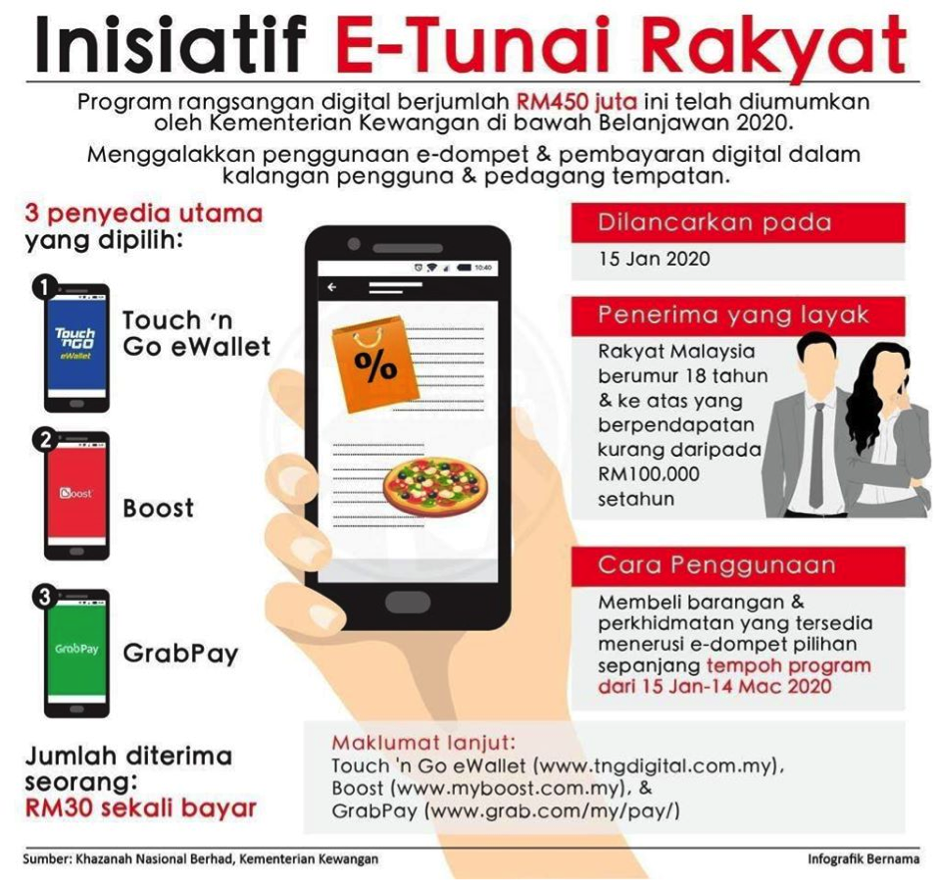
Malaysia has a large number of unbanked and underbanked individuals who may find it difficult to access traditional financial services. Moving towards a cashless society can make it easier for these individuals to participate in the formal economy.
Why is a cashless economy important?
A cashless economy refers to an economy where transactions are made without physical cash. Instead, payments are made using digital methods, such as credit or debit cards, mobile payments, or online transactions.
So, if you’re still wondering why a cashless society is important and why you should be a part of it, here are some reasons why a cashless economy can be important:
- With a cashless economy, people don’t have to carry cash with them, which can be cumbersome and risky. Instead, they can use their smartphones, laptops, or credit/debit/prepaid cards to make payments anytime, anywhere.
- Digital payments can be processed much faster than cash transactions, which can save time and resources for businesses and consumers alike.
- Digital transactions are more secure than cash transactions, as there is no risk of theft or loss of physical currency. Digital transactions can also be traced and monitored, which can help prevent fraudulent activities.
- Digital transactions can be easily tracked and recorded, which can help reduce corruption and money laundering.
- A cashless economy can help bring more people into the formal financial system, as digital payments can be made without the need for a bank account.
- Cashless payments can help reduce costs for individuals, businesses, and governments. For individuals, electronic payments can help avoid ATM fees and the need to carry cash. For businesses, electronic payments can help reduce the cost of handling cash, such as security, transport, and storage expenses. Finally, for governments, electronic payments can help reduce the cost of printing and managing physical currency.
Overall, a cashless economy can bring a lot of benefits, including increased convenience, efficiency, safety, transparency, and financial inclusion.
At iPay88, we have been working hard to promote the adoption of cashless payments. Our merchants have witnessed improvement in their processes, reduced business operational costs, and improved customer satisfaction.
If you’re looking for advice on where to start, our team is ready to provide a free consultation and propose the best solutions available in the market today to start your cashless transformation.

